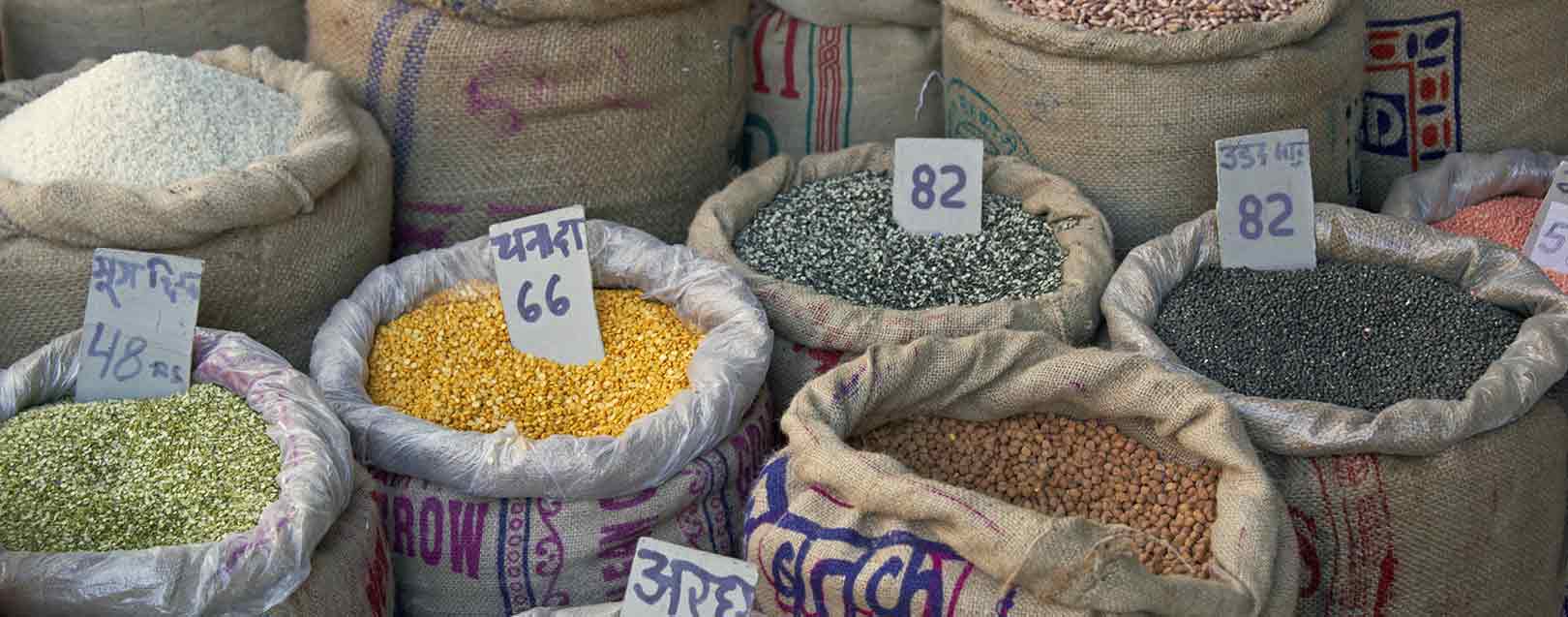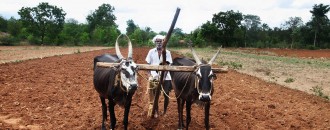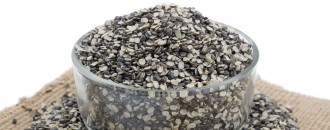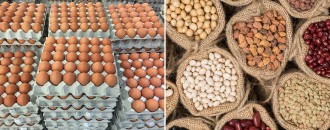
Govt to release unmilled dal to curb price rise
PTI
With retail prices of pulses surging to near Rs.200 per kg level, the Centre is releasing 10,000 tonnes of tur and urad pulses to the states for distribution to common man at rates not exceeding Rs 120/kg.
The government has decided to release "10,000 tonnes of unmilled Tur dal at Rs.66 per kg and unmilled urad dal at Rs.82 per kg to the states for retail distribution" of milled/processed dals at not more than Rs.120 per kg, an official statement said today.
States have been requested to immediately place their requirement for making allotment of tur and urad dals for retail distribution through their channels, it said.
The Centre has built a buffer of 50,000 tonnes by way of domestic procurement. Additionally, about 26,000 tonnes of tur and urad dals have been contracted for imports.
Retail urad prices today touched Rs.195/kg today, while rates were at Rs.181/kg in Chennai, at Rs.177/kg each in Mumbai and Delhi, as per official data.
Similarly, tur prices were ruling the highest at Rs.159/kg in Delhi, followed by Mumbai at Rs.151/kg, Chennai at Rs.149/kg and Bengaluru at Rs.144/kg in the same period.
Pulses prices are under pressure due to fall in domestic production in the wake of back-to-back drought.
The prices of pulses had surged to Rs.200/kg last year due to various reasons like hoarding.
Meanwhile, the Centre has already empowered the states to impose stock limits on the pulses to ensure easy availability.
The government is also initiating procurement of rabi pulses and has targeted to procure around 1,00,000 tonnes of chana and masoor to build the buffer stocks further.
To curb price rise in chana futures, NCDEA has restricted traders' participation by raising deposit money, called margin, on both buyers and sellers effective from today.
As per the agriculture ministry's second estimate, pulses production is estimated at 17.33 million tonnes in 2015-16 crop year (July-June), marginally higher than the previous year's production of 17.15 million tonnes.
India is the world's largest producer of pulses, but its domestic demand outstrips production. The shortfall is met through imports.






 to success.
to success.